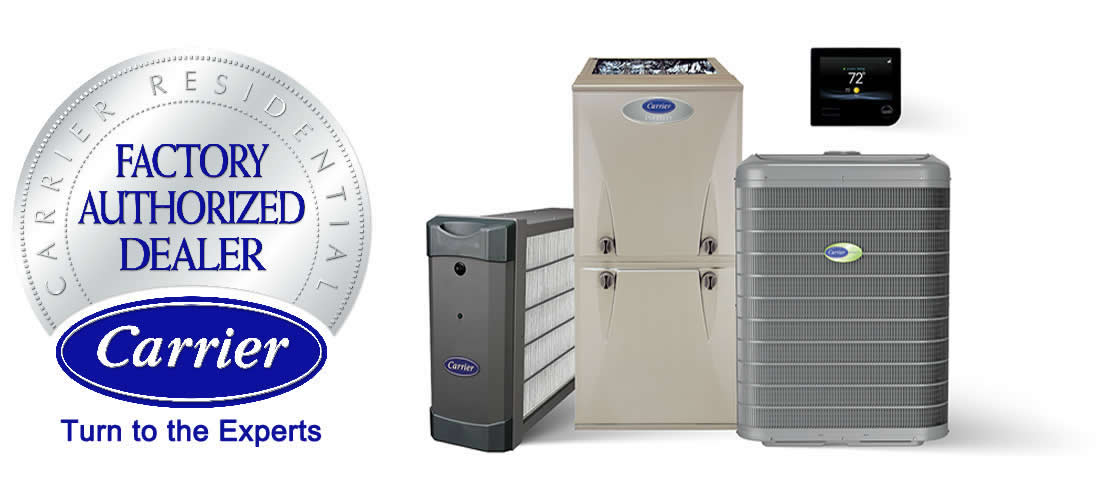Effects of Humidity on HVAC Performance
Humidity plays a pivotal role in determining the comfort and efficiency of indoor environments. Especially in the varied climate of North Georgia, where Climatrol Air serves its customers, understanding and managing humidity is essential for optimal indoor air quality and comfort. This comprehensive article will explore the multifaceted impact of humidity on HVAC systems, detailing the challenges it presents and the solutions available.
Understanding Humidity and Its Effects
Humidity is the concentration of water vapor present in the air. The right balance of humidity is crucial for indoor comfort. High humidity levels make the air feel warmer than its actual temperature, creating a sticky, uncomfortable environment. Conversely, low humidity can lead to dry skin, irritation in the respiratory tract, and discomfort in the eyes.
HVAC systems, particularly air conditioners, are designed not only to cool the air but also to remove excess moisture, thereby reducing humidity. However, their efficiency in doing so can be affected by a variety of factors, leading to challenges in maintaining ideal indoor humidity levels.
Causes of High Humidity in Air-Conditioned Spaces
- Single Fan Speeds vs. Variable Speeds: Traditional HVAC systems with single-speed fans can struggle with humidity control compared to those with variable-speed fans. Single-speed fans operate at full capacity, providing short bursts of intense cooling, which often isn’t enough to effectively remove moisture from the air. On the other hand, variable-speed fans can adjust their speed to maintain a more consistent air flow, enhancing the dehumidification process and providing a more even temperature distribution throughout the space.
- Oversized HVAC Units: It’s a common misconception that bigger HVAC units are always better. An oversized unit cools the room quickly, but it shuts off before it has had a chance to effectively remove sufficient moisture from the air. This results in a cold yet moist environment, which can be uncomfortable and encourage mold growth. Proper sizing of HVAC systems is, therefore, crucial for achieving a balance between cooling and dehumidification.
- Faulty Ductwork: The condition and design of ductwork significantly impact the distribution of air and, consequently, the control of humidity. Leaky ducts can lead to uneven cooling, while poorly designed ductwork can cause moisture accumulation in certain parts of the system. This not only affects the humidity levels but can also foster mold growth within the ducts, leading to compromised air quality.
- Lack of Proper Maintenance: Regular maintenance is vital for the efficient functioning of HVAC systems. Components like air filters and coils need to be kept clean for the system to perform optimally. Dirty or clogged filters and coils can greatly reduce the system’s ability to dehumidify the air effectively, leading to increased humidity levels inside.
Solving Humidity Issues for Enhanced Indoor Comfort
- Assessing the HVAC System: Tackling humidity issues begins with a thorough assessment of the current HVAC system. Climatrol Air’s NATE-certified technicians are experts in evaluating whether a system is appropriately sized for a space and whether it’s functioning to its best capacity. They can identify issues such as oversized units or inadequate ventilation, which are common causes of humidity problems.
- Improving Ventilation: Proper ventilation is essential in managing indoor humidity levels. Solutions like energy recovery ventilators (ERVs) or heat recovery ventilators (HRVs) can be highly effective. These systems work by exchanging the stale, humid indoor air with fresh outdoor air, maintaining a balance without losing energy.
- Installing Dehumidifiers: In areas with consistently high humidity levels, integrating a whole-house dehumidifier with the HVAC system can significantly improve indoor comfort. These systems work in conjunction with the HVAC unit to efficiently maintain the desired humidity levels, providing a consistent and comfortable indoor environment.
- Regular Maintenance and Repairs: Routine maintenance, including cleaning or replacing air filters and ensuring the cleanliness of coils and other components, is crucial. Climatrol Air offers comprehensive maintenance services to ensure that HVAC systems are in peak condition, thus enhancing their ability to control humidity effectively.
- Smart Thermostats and Controls: Modern advancements in HVAC technology, like smart thermostats, can greatly aid in monitoring and adjusting indoor humidity levels. These devices provide homeowners with greater control over their indoor environment, allowing for adjustments based on changes in humidity and temperature.
Conclusion
Effectively managing humidity is essential for maintaining indoor comfort and ensuring the efficiency of HVAC systems. At Climatrol Air, we understand the unique challenges presented by humidity in North Georgia’s climate. Our commitment to providing top-quality service is reflected in our excellent customer reviews and our status as a trusted, Google Guaranteed provider. From comprehensive system assessments to the installation of advanced humidity control solutions, we are dedicated to enhancing the quality of your indoor air and overall comfort. For reliable, professional HVAC services, call Climatrol Air.








